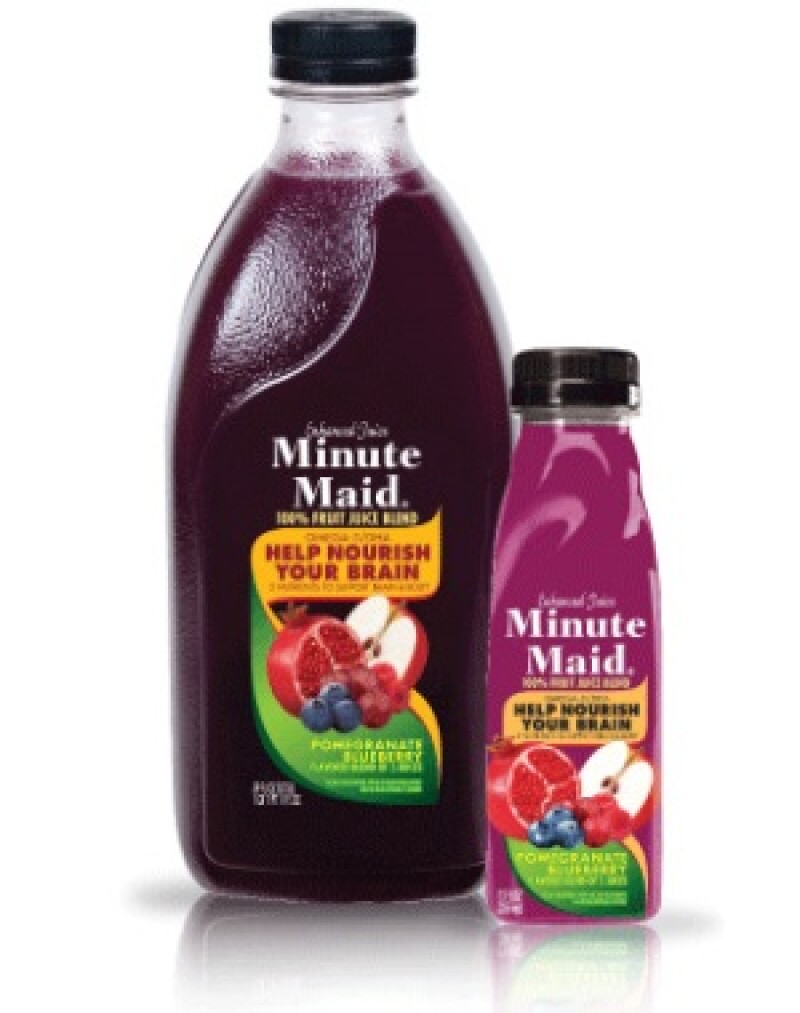Attendees at the AIPLA Annual Meeting will have the chance today to hear about the perils of making misleading claims in advertising and on labels. This afternoon’s trademark/corporate track will include a speech from Laura Koss of the Federal Trade Commission, followed by a panel session on FDA Related Requirements for Labeling featuring Leslie Krasny of Keller and Heckman, Douglas Park of the Sustainability Accounting Standards Board, and Kelly McLain from Cargill.
“Even though it might seem somewhat narrow, it’s a relatively broad topic in that there are so many things that come into play,” says Jennifer Van Kirk from Lewis Roca Rothgerber, who will be moderating the panel. “For example, it is a heavily regulated area so there are both state and federal regulations to be dealt with. In addition, there is always the risk of challenge, not just from the regulators but from competitors or from class action lawsuits, which have become more prevalent in this area.”
Consumers are becoming more cognizant of heath issues and are demanding healthier choices. “So of course companies want to provide that to them, and the way they communicate that is going to have to be very clear or they are going to be opening themselves up to vulnerability to all sorts of suits and claims,” says Van Kirk.

The highest-profile recent case in this area was POM Wonderful v Coca-Cola at the US Supreme Court. POM Wonderful had filed a Lanham Act suit against Coca-Cola alleging that one of the drinks sold by its subsidiary Minute Maid misled consumers into believing it consisted predominantly of pomegranate and blueberry juice. The drink’s label had the words pomegranate and blueberry in capital letters on two separate lines, but the product contained only 0.3% pomegranate juice and 0.2% blueberry juice. In June, the Supreme Court held that Lanham Act claims are not pre-empted by the Federal Food, Drug and Cosmetic Act or related FDA regulations.
“That case made a lot of people believe there are going to be more challenges in this area,” says Van Kirk. “Companies are going to have to pay much closer attention to their labeling. Just because they comply with the regulatory standards doesn’t mean they are immune to challenges from their competitors. The entities that can react more quickly to marketplace realities are the competitors. That is part of the reason I think that the POM case is going to be very important because a competitor is going to be quicker to see those types of trends and to act on them.”
As Ropes & Gray partner Peter Brody told Managing IP in June: “Going forward, food and beverage manufacturers will need to recognize that compliance with FDA regulations may not necessarily insulate them from Lanham Act liability. Additionally, food and beverage companies may now be able to use the Lanham Act to challenge their competitors’ labeling and promotional practices.”
Another trend is that the plaintiff bar is increasingly focusing on these claims. Class action lawsuits based on food labeling claims are becoming more common, with a few settlements of several million dollars. One of these was Ghiardelli settling allegations that it falsely advertised some of its products to suggest they were white chocolate. The chocolate company agreed to pay $5.25 million to settle the lawsuit by agreeing not to use the phrase “classic white” or “all natural” on packaging for its White Chips products.
Focus on the contracts
Companies need to think about all of these issues well in advance in their contracts. Van Kirk says in situations where a company is going to be producing private label goods, it needs to be very clear between the manufacturer and the brand owner who has liability for any claims made on the label.
“Without any contractual agreement as to indemnity or that kind of thing it is going to be a bit muddy to try to work out after the fact who has responsibility for a particular claim,” she says.
In-house counsel must ensure that a number of different processes are in place to avoid confusion. One is that there are contracts with the different suppliers in the chain to make sure that these sorts of risks are addressed and it is clear who is bearing the risks. The next one is to review the product itself, looking at all of the aspects of the label and all of the advertised material that comes with it to make sure any sort of claim is identified ahead of time and it can be substantiated. “It is not just advertising copy that creates this sort of vulnerability,” says Van Kirk. “It can be the trademark itself or the product name.”
All of which means companies have to stay on top of several potential sources of trouble. “There are the regulatory concerns, there are the competitive concerns, and I think more and more there are these class action concerns,” says Van Kirk.









